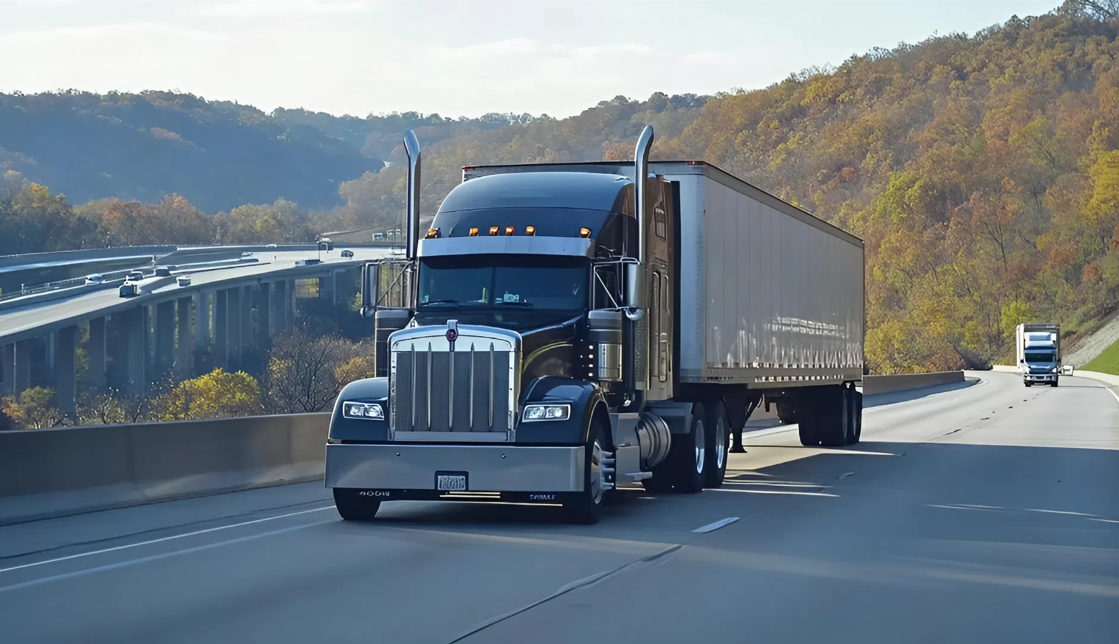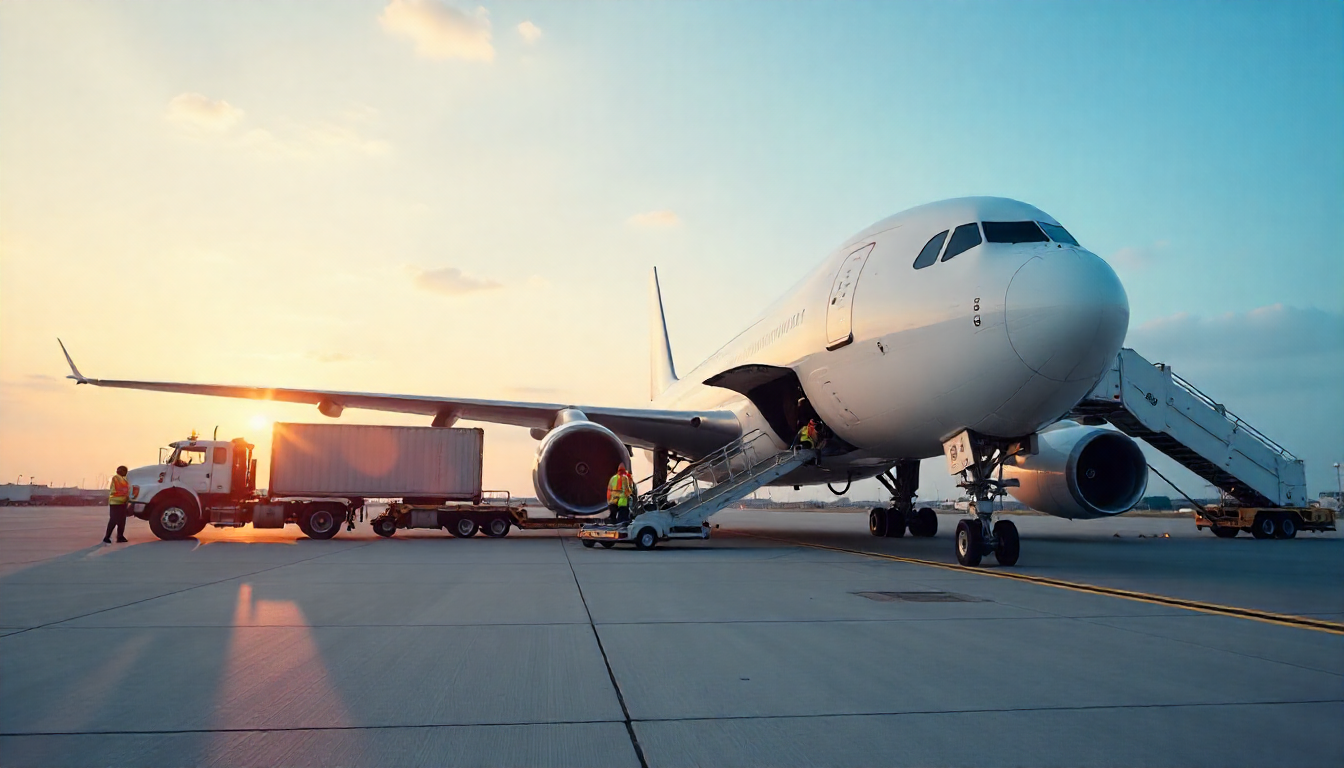Wide load shipments require proper planning and coordination, particularly for large-scale shipments. Businesses transporting heavy or oversized items face unique challenges, including route planning, compliance with safety requirements, and coordination with specialized carriers.
Good planning ensures timely delivery, lowers costs, and minimizes the risk of accidents or regulatory issues.
Understanding wide load shipping
Wide load shipping includes the movement of items that are too wide for the usual dimensions of trucks or trailers. Such items include equipment used in various industries, such as construction and building assembly, among others.
Another issue is that oversized cargo shipping may require permits, assessment of the route, and specialized equipment to transfer the cargo’s weight. Companies that want to ship bulky items must consider these factors before proceeding.
Steps to prepare for large-scale projects
- Assess your cargo requirements
To schedule shipments, estimate the dimensions, weights, and types of cargo. In this way, you can determine whether you need to obtain permits, transport equipment, and route options for shipping oversized cargo that applies to your specific items.
- Select experienced oversized freight carriers
Engaging oversize freight carriers ensures that the goods are carried by professionals who are adequately trained in the relevant laws, equipment requirements, and safety protocols. These professional carriers can guide timelines, permits, and routes.
- Plan your routes carefully
Wide-load shipping calls for proper route planning. Obstacles, such as low bridges, tight turns, and restricted roads, need to be identified and a plan developed to coordinate with the respective local authorities if necessary. Better pre-planning will help reduce delays and ensure compliance with legal requirements.
- Obtain necessary permits
Oversized cargo shipments require permits issued at the state or federal level. Work with your carriers, along with local authorities, to ensure that the proper documents are obtained before moving the load, thereby avoiding fines and delays in shipment.
- Coordinate with stakeholders
In large shipments, logistics team members, drivers, carriers, and sometimes even police or traffic authorities have to work together. Communication must be clear so that timing, equipment requirements, and safety provisions are all well understood.
- Invest in proper equipment
Ensure that the trailers, trucks, and securing devices comply with the standards for use by oversize freight carriers. Correct tool use minimizes the risks of physical damage to the cargo and helps maintain order during transportation activities.
Closing lines
Skills, experience, and forward-thinking are essential to plan and execute any wide-load shipping operation. Companies can transport huge consignments safely within stipulated timelines by understanding cargo needs, selecting competent oversize freight carriers, and ensuring adequate cooperation with other relevant parties.
KCH Transportation offers tailor-made solutions and has experienced experts for companies wishing to streamline their shipping process and efficiently handle oversized shipments. Contact us to procure your next shipment and witness large-scale shipping at its most reliable, safe, and cost-efficient way.




